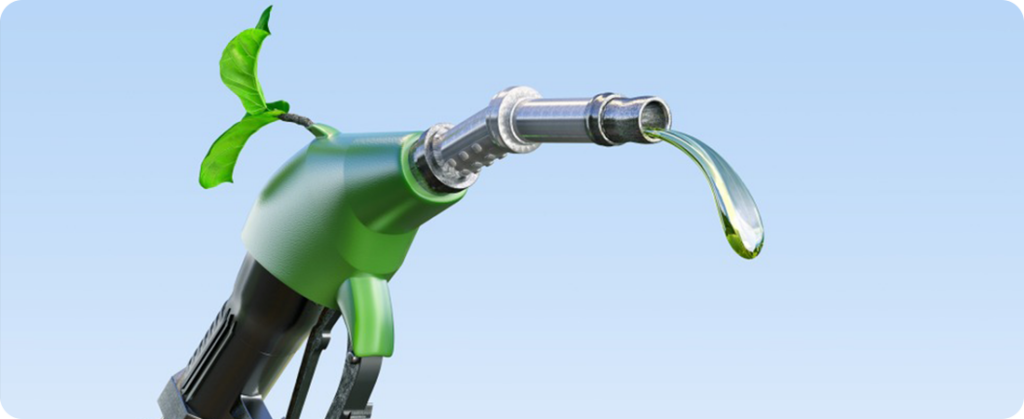
Russia's government said on Friday it had lifted a ban on pipeline diesel exports via ports, removing most of the restrictions put in place on September 21. Therefore, restrictions on gasoline exports are still in effect.
Diesel is the main petroleum product exported by Russia, with around 35 million tonnes exported last year, of which almost three-quarters were sent via pipelines. However, Russia also exported 4.8 million tons of gasoline in 2022.
“The government has lifted restrictions on diesel fuel exports. This includes delivery to seaports via pipelines. The condition is that the manufacturer supplies at least 50% of the diesel fuel produced to the domestic market”, according to a government statement.
Russia, the biggest exporter of marine fuel, has imposed restrictions on exports. This has affected global prices, leading buyers to look for alternatives to gasoline and diesel.
Russia changes the destination of its fuel exports after European Union ban
Following the European Union's ban on importing Russian fuel due to the crisis in Ukraine, Russia changed its exports. In this sense, diesel and other fuels are directed to Brazil, Turkey, countries in North and West Africa, in addition to the Gulf countries in the Middle East.
Gulf countries, which have their own large refineries, re-export the fuel. However, Russia has been facing shortages and high fuel prices in recent months, which have especially hurt farmers during the harvest season.
“The authorities’ decision will help resolve both issues, but will not resolve them completely,” Moscow-based brokerage BCS wrote in a morning note.
We still expect tax changes soon. These changes will remove arbitrage opportunities. This will affect independent traders who profit from exports.
On Friday, the government took important measures. First, it increased the fuel export tax for dealers, who do not produce the fuel, from 20,000 rubles to 50,000 rubles ($495.63) per ton. Additionally, it reinstated subsidies for oil refineries in their entirety, and these changes will come into effect from October 1st.
“The government is cracking down on attempts by dealers to purchase fuel in advance for later export when current restrictions are lifted. This also prevents them from exporting…fuel under the guise of other products,” he said.
Source: Vladimir Soldatkin | Notícias Agrícolas










